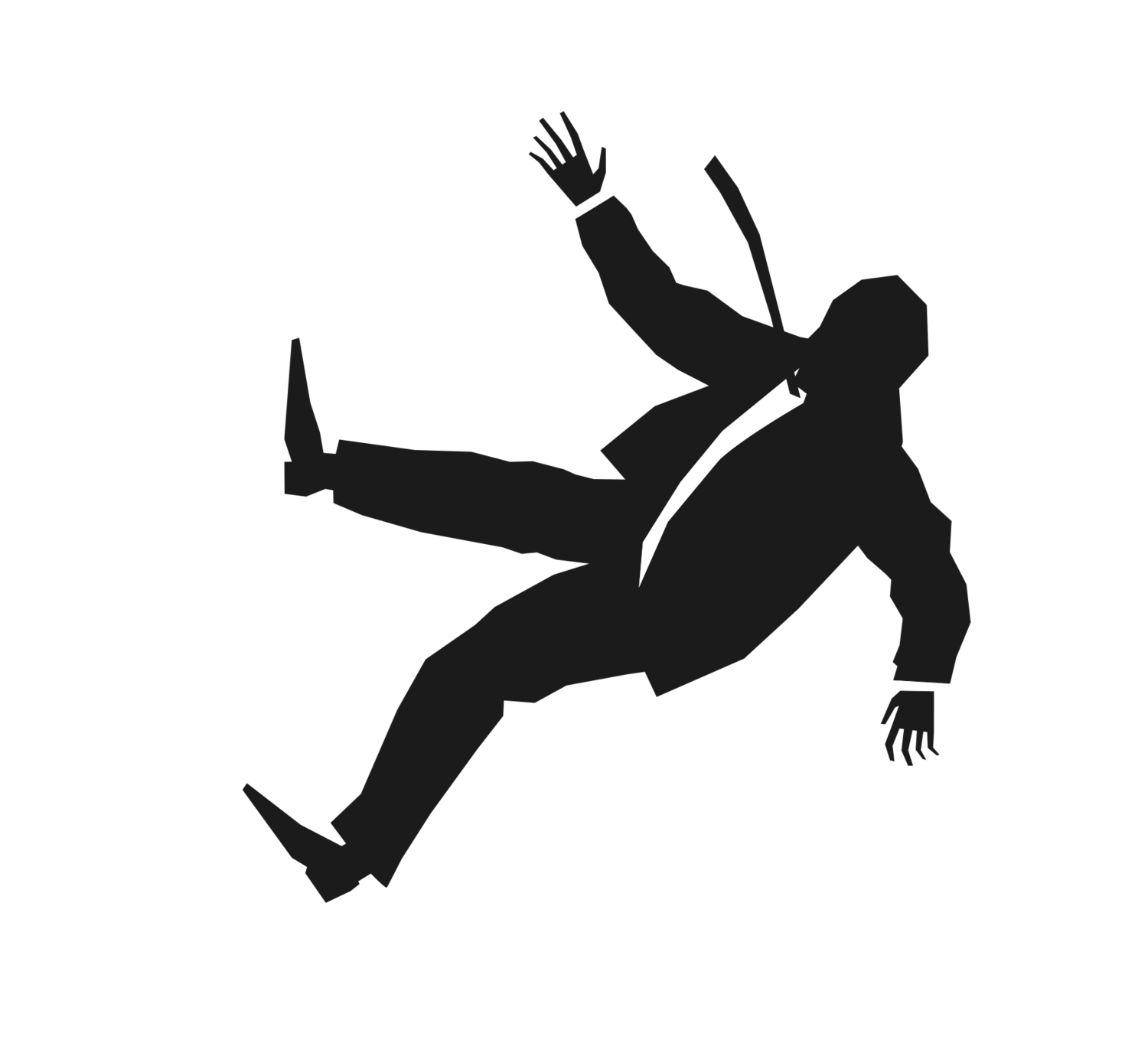Harnessing Energy
Ralph Waldo Emerson once said, “The world belongs to the energetic.” Leadership demands far more energy than normal. Many rely on caffeine, energy drinks, or even mood altering/enhancing stimulants to keep going. These may temporarily sustain a false sense of well-being but may suppress real energy and its long-term benefits. There are much more effective and substantial ways to harness energy. Some research suggests that top-level leaders and even senior executives need the energy equivalent to that of high-level athletes. In essence, to make it to the top and sustain high performance, you must produce, prolong, and protect your energy like an Olympic gymnast.
Here are 4 Energy Catalysts that will help initiate and sustain energy in your life and leadership.
Spiritual Connection
This involves spending reflective time in private communion, prayer, and meditation in the Word of God. Before we hear from anyone else, we must first hear from God. By doing this, our minds are less susceptible to doubt, distraction, and demotivation, which subsequently rob us of much needed mental alertness. Our faith in the promises of God is not only essential, it is critical. There are times when we are inadequate and incapable of fulfilling our leadership responsibilities. Thus, we need a strong surge of confidence in Christ’s ability to work through us (Philippians 4:13). The faith we need directly correlates to receiving the Word of God (Romans 10:17). When we read God’s word, our soul hears what God is saying. Our impossibilities are His easy work. We cannot bear the weight of God’s call unless our faith is lifted. Faith lifted = Weight lifted. Often, our heart is overwhelmed within. That is when we must look to the “rock that is higher” (Psalms 61:2). Disciplined moments in quiet and contemplative meditation open our spirits to God’s creative possibilities. Psalms 96:10 says, “Be still and KNOW that I am God.” We should never rush into our day without first standing in the counsel of God. His wisdom isn’t optional; it’s required.
Physical Attention
Many leaders find themselves operating at a much slower pace than their potential. Sluggish. A simple way to turn this around is to make healthier dietary choices. So much has been written on this subject that there is no need to cover it here. Just use simple, common sense. In a previous journal, I alluded to the idea that the messenger IS the message. This certainly applies to overall leadership health. You will only be as good for others as you are to yourself. Being good to yourself doesn’t mean having that extra ice-cream. It means doing what is right for you long term. “No discipline is enjoyable while it is happening—it’s painful! But afterward there will be a peaceful harvest of right living for those who are trained in this way.” (Hebrews 12:11 NLT). Also, adding a regular exercise regimen to your life (i.e. light cardio combined with basic resistance training) will bring measurable results to your overall well-being and energy output. You don’t have to go to extremes. Over strenuous regimens are not realistic for everyone. A simple, consistent plan is beneficial. Studies show that consistent, moderate diet and exercise help improve overall mental outlook, and keeps your thoughts, perspective, and judgment sharper as you age.
Mental Prevention
Stress is the enemy of energy and the thief of memory. It is a well-being killer. Studies suggest that mental + emotional stress decreases the production of new brain cells. It reduces serotonin and dopamine levels (critical to mood), temporarily sears your amygdala (responsible for healthy emotions) and slows hippocampus function (the ability to hold memory). We must unplug in order to power up: intentionally unwind to re-wind. If you’re wound too tightly you will eventually snap. You need a way to refire the snapped synapses in your brain. Taking on interesting hobbies is an effective way to detach and bring your mind back into centeredness (necessary for stability). We are prone to fall off our axis. For me, watch collecting has become an enjoyable way to recharge my batteries. It’s an activity totally unrelated to my work yet satisfies my fascination and curiosity for fine details (important to my work). Another way I recharge is through creative writing which produced the journal you are reading now. This is proof that parking your work can directly drive your work. We must also disconnect from constant use of digital media. Much of our mental frustration and irritation is due to being entangled in the World Wide WEB.
Positive Intention
Abraham Lincoln once said, “Most folks are as happy as they make up their minds to be.” We have the right and the power to lead happily. One phrase that has helped me approach each day with expectation and enthusiasm is, “What can I get excited about today?” Negativity is a formidable force of gravity that is always trying to pull us down. However, JOY is a much greater force, and we must intentionally allow it to draw us in its direction. We cannot surrender our emotions or permit our attitudes to sour. Nobody wants to listen to or follow someone with a bad attitude. Therefore, we must determine how we want to feel and choose how we want to respond to people’s unpredictable behavior. We can choose to be optimistic vs pessimistic, proactive vs reactive, happy vs depressed or joyful vs glum. I can be fantastic or be a fatalist, a bright spot or a stain. In every situation I must ask myself, “What would my better-self do in this situation?” We cannot allow bad attitudes to control us. The keys are in our hands. There are three keys that help to unlock a positive attitude: stop internalizing everything you feel, quit believing everything you think, and lead yourself into positive emotions. We will address this in greater detail in the next journal.



